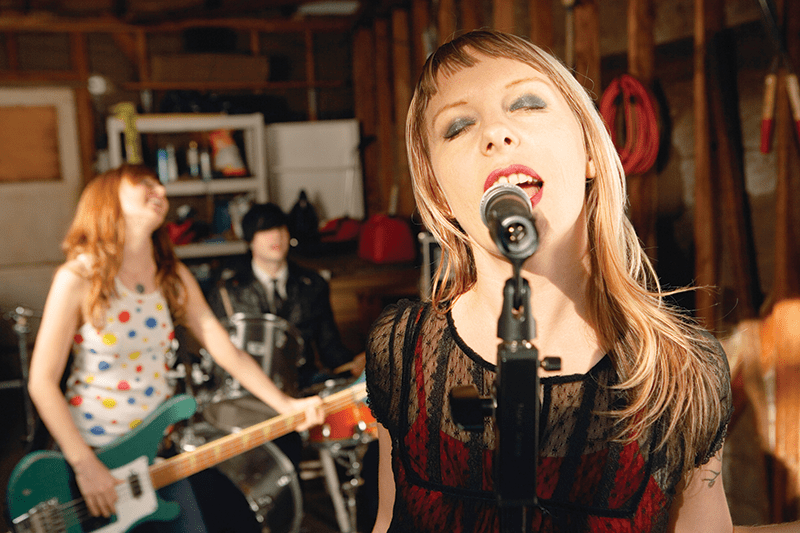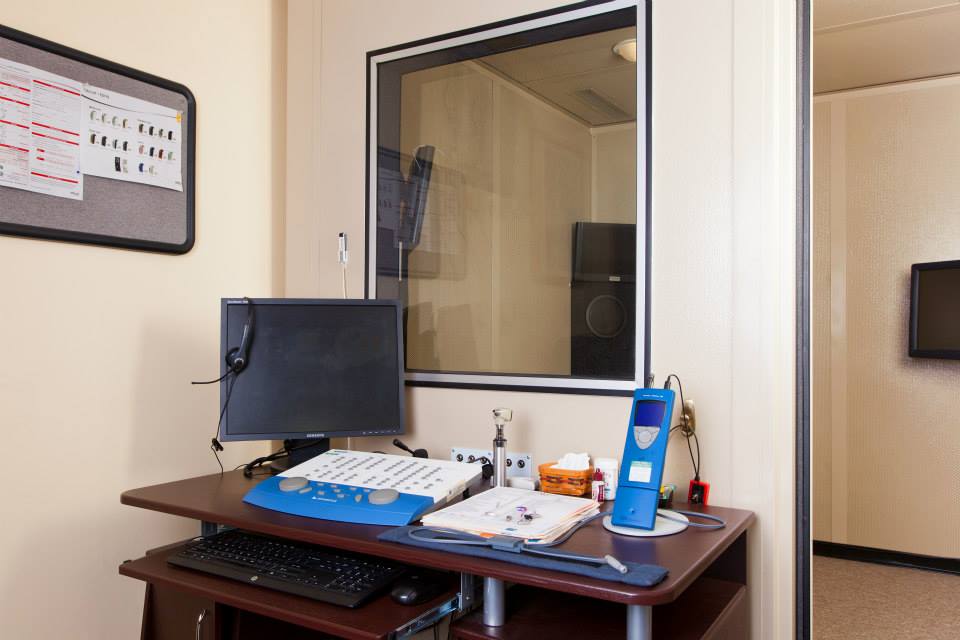
Jan 12, 2017
Many parents claim they can hear their children’s voices over the din in noisy environments. As it turns out, this ability may be an adaptation that the ears develop in response to repeated exposure to a socially meaningful sound. Understanding this important hearing...

Jan 5, 2017
You may be familiar with the terms “tone deaf” or “congenital amusia,” which refer to the inability to accurately perceive differences of musical pitch. Tone deafness is estimated to affect about 4% of the population and is the reason why some people find it difficult...

Dec 28, 2016
One important reason for having your a hearing test is that any detected hearing loss will prompt you to have its cause diagnosed. Generally speaking, there are two types of hearing loss: “sensorineural” and “conductive.” Sensorineural hearing loss occurs when there...

Dec 21, 2016
Hearing-impaired elderly individuals who elect to wear hearing instruments are likely to experience a higher quality of life than those with hearing losses that go untreated. Thus, the decision to be fitted with and wear a hearing instrument can be a significant...

Dec 14, 2016
High-frequency hearing loss makes it difficult to perceive many of the high-frequency voiceless consonants such as the “t,” “k,” “f,” “th,” “sh,” and “s” sounds. As a result, those suffering from high-frequency loss find it difficult to understand conversation....

Dec 7, 2016
While there is no evidence that dietary supplements prevent hearing loss or improve hearing, some studies suggest that a healthy diet is conducive to good hearing. One study found that a diet high in sugar and carbohydrates may impair hearing by adversely affecting...







